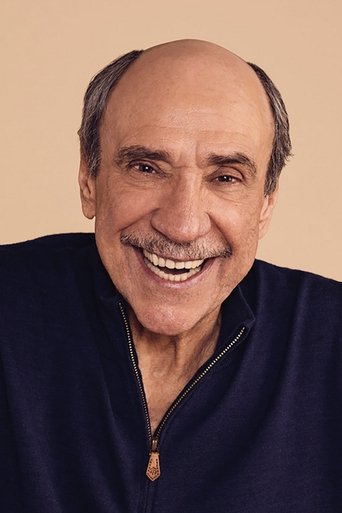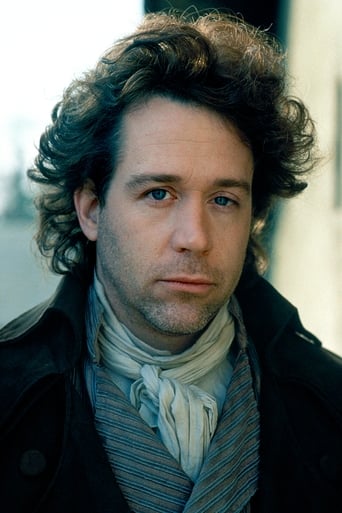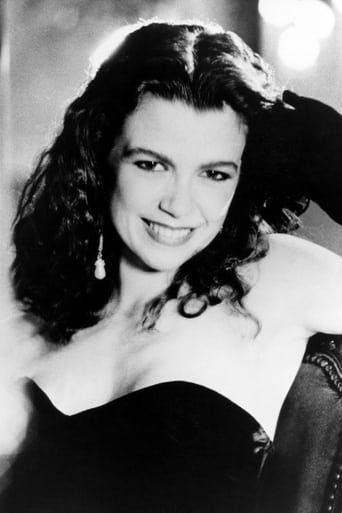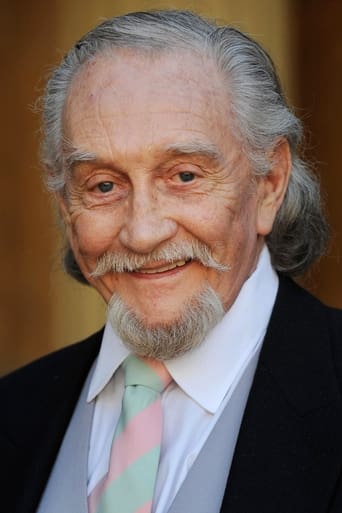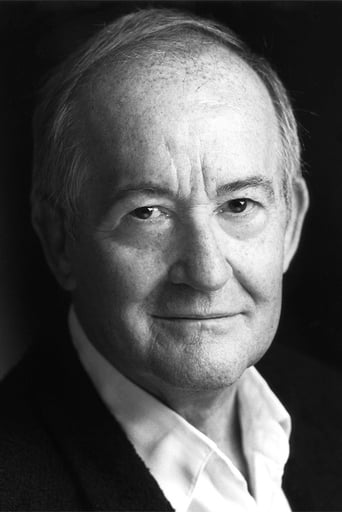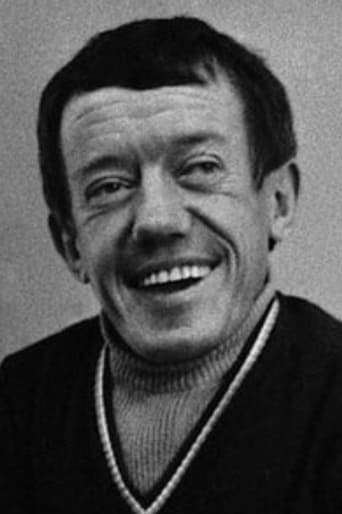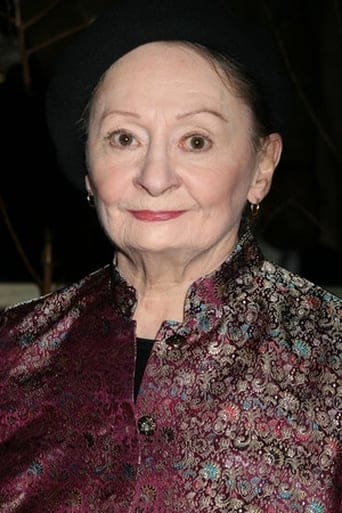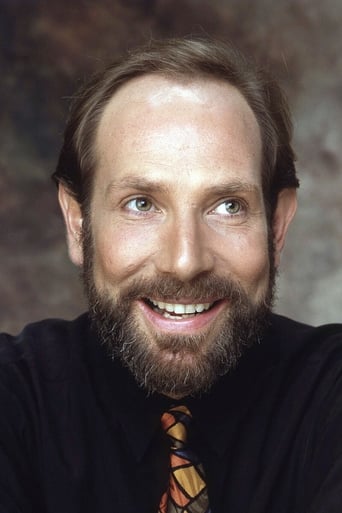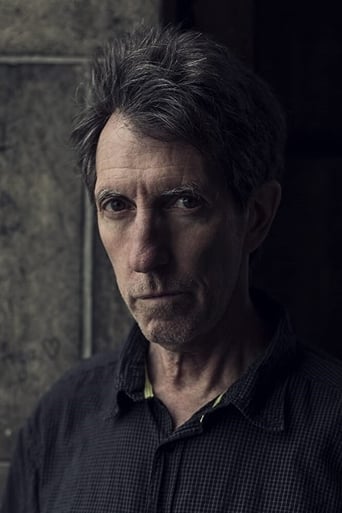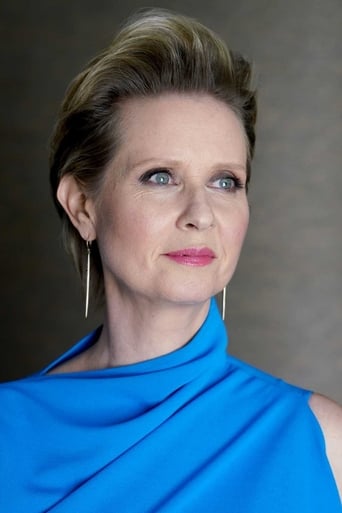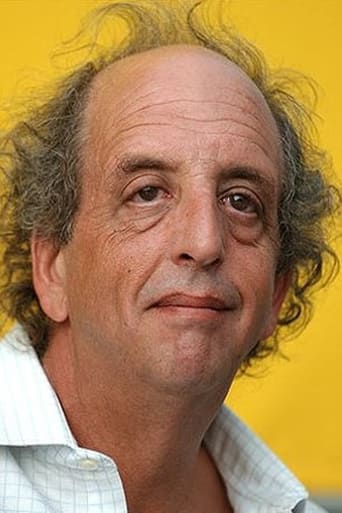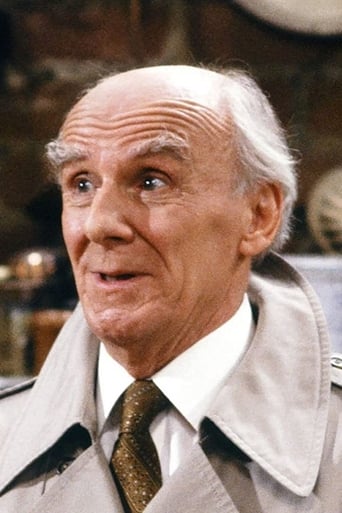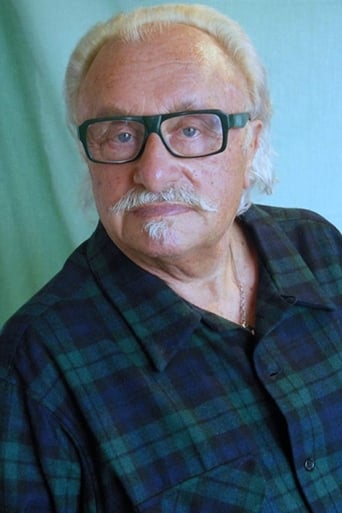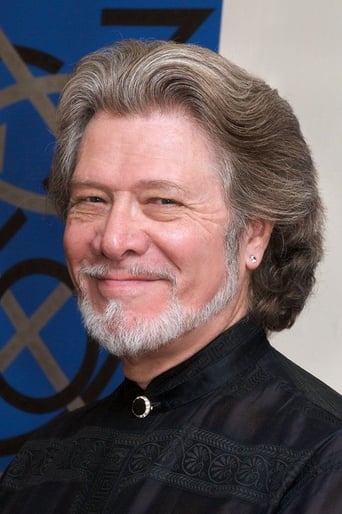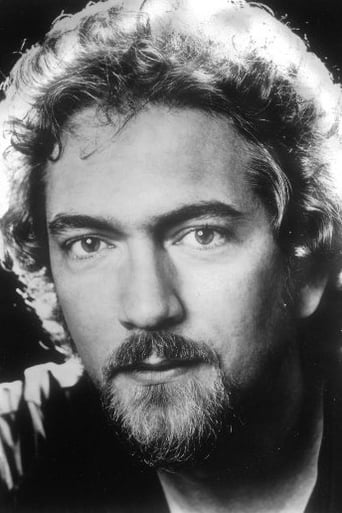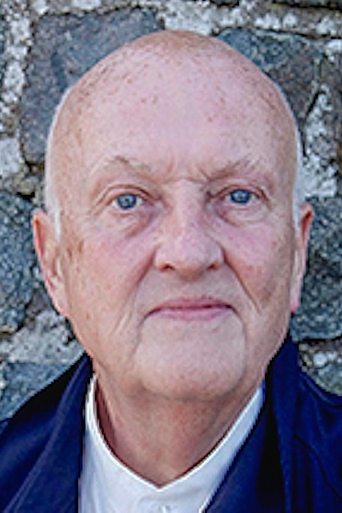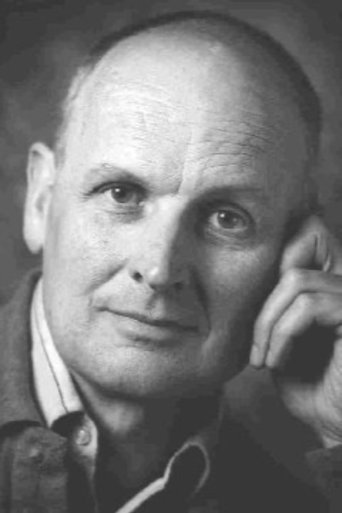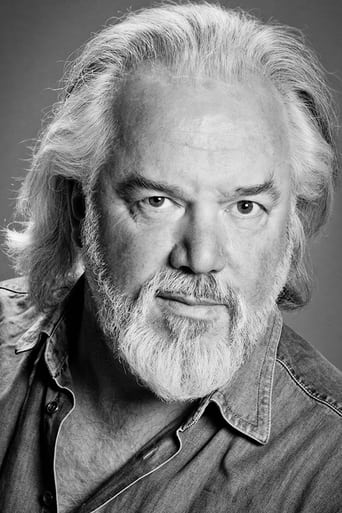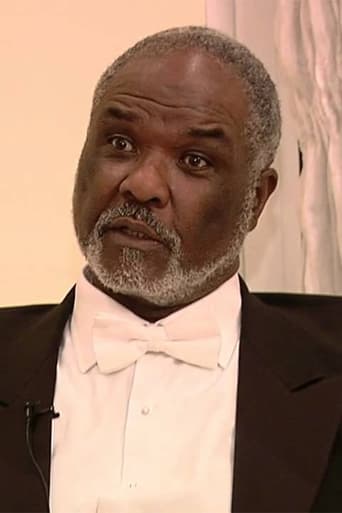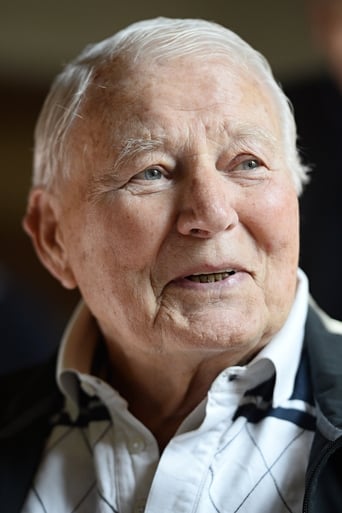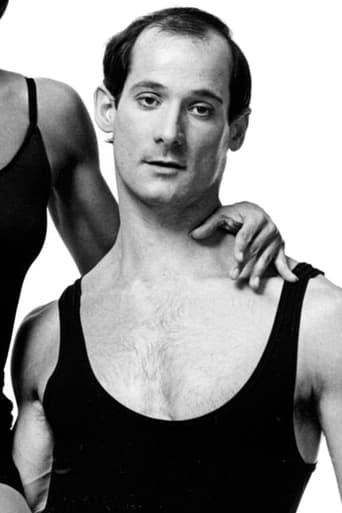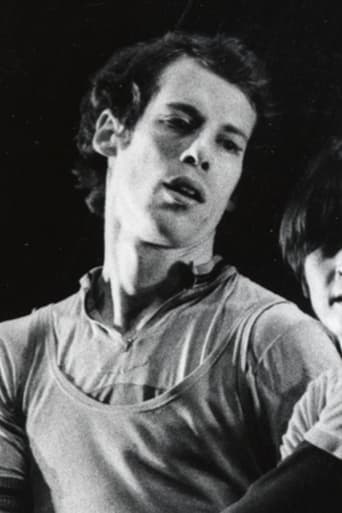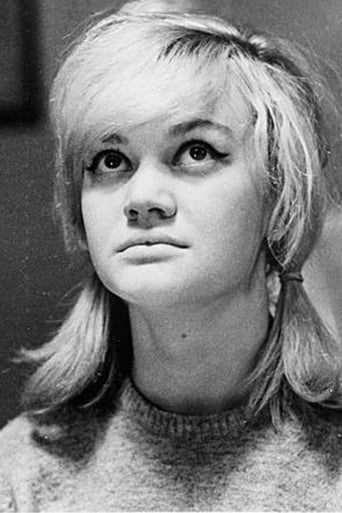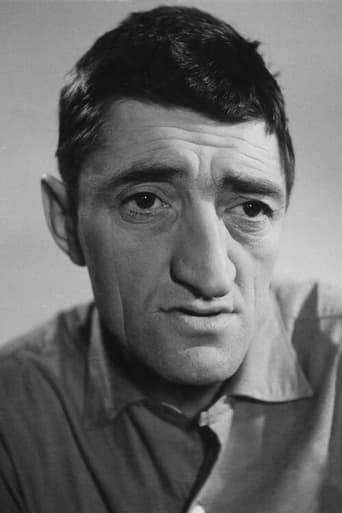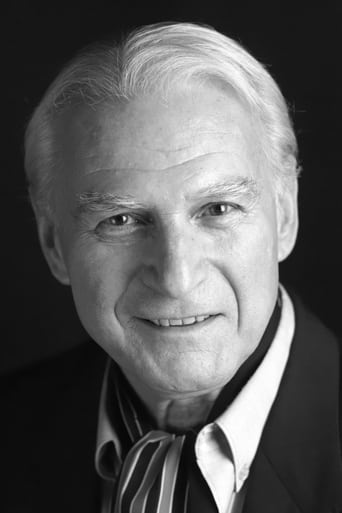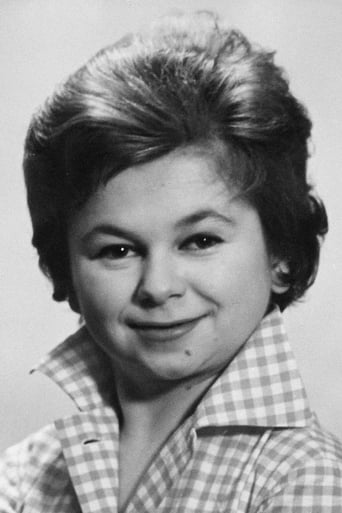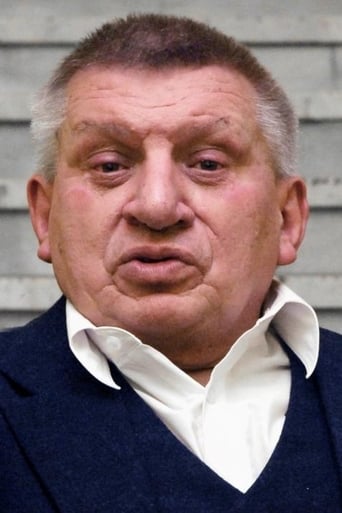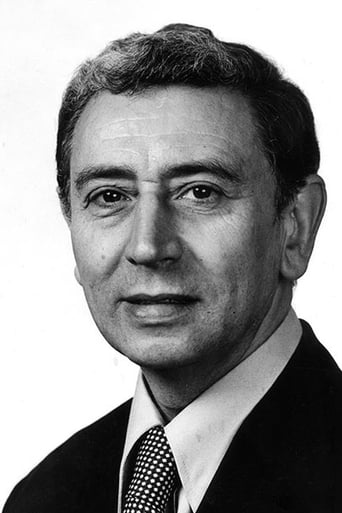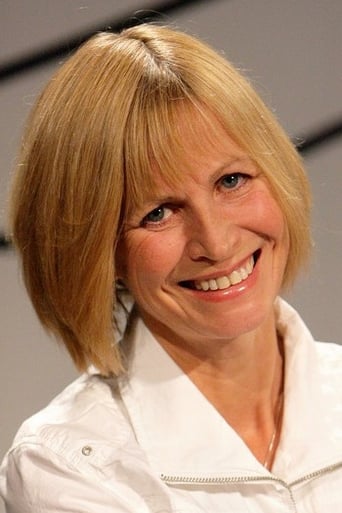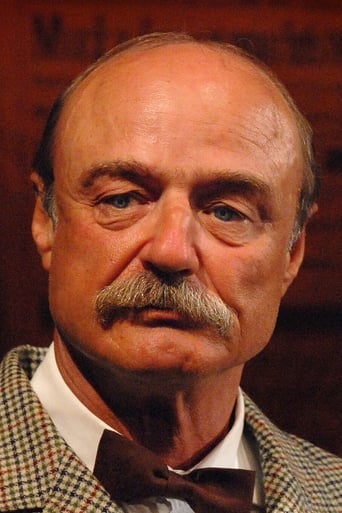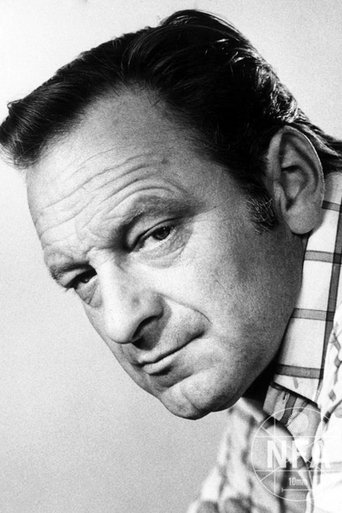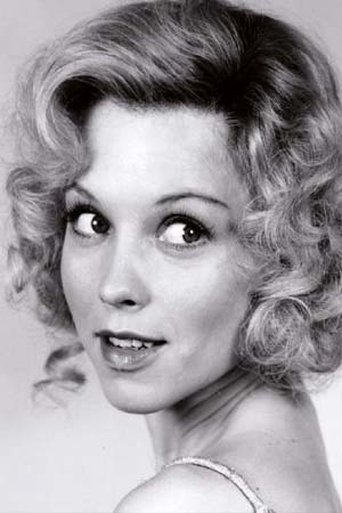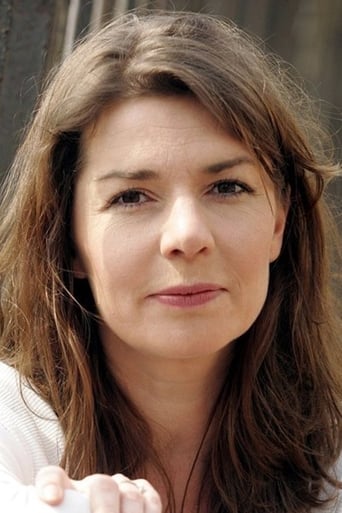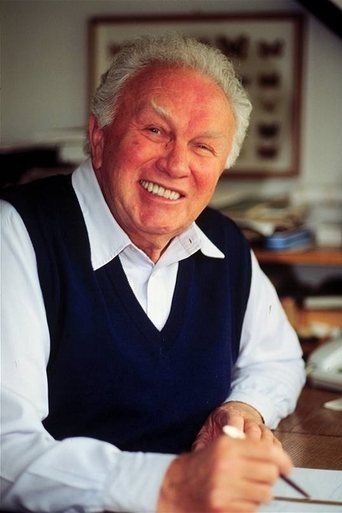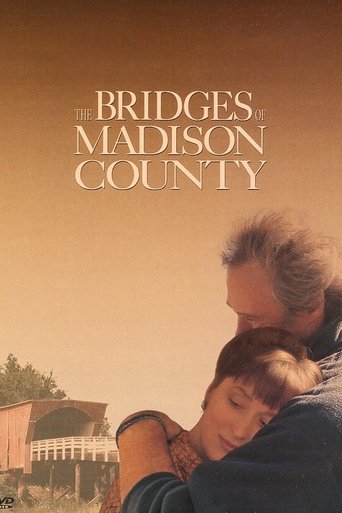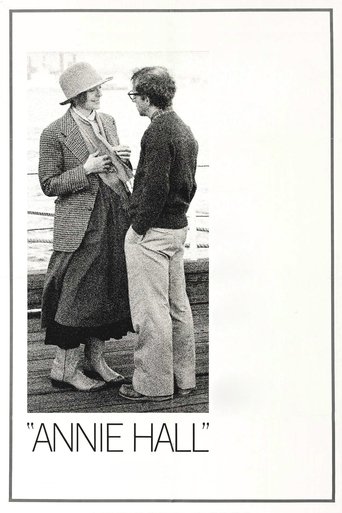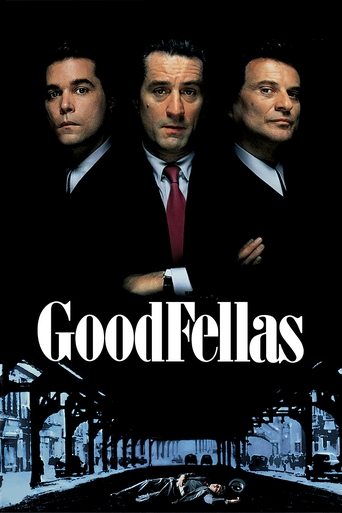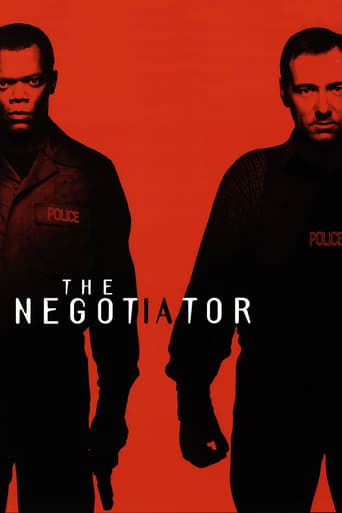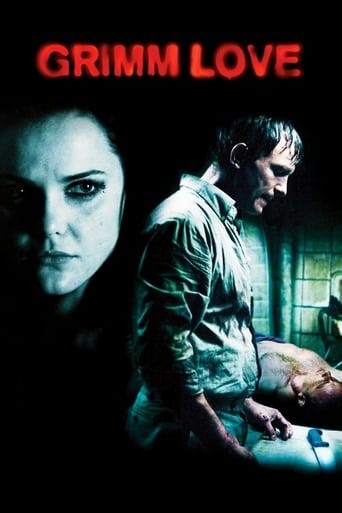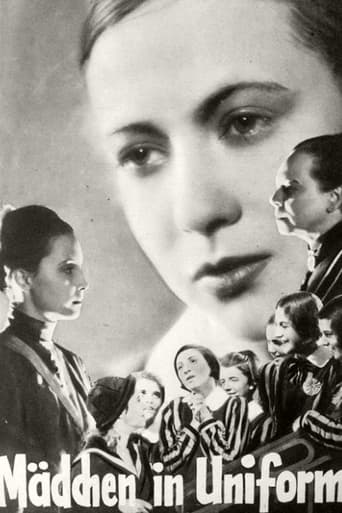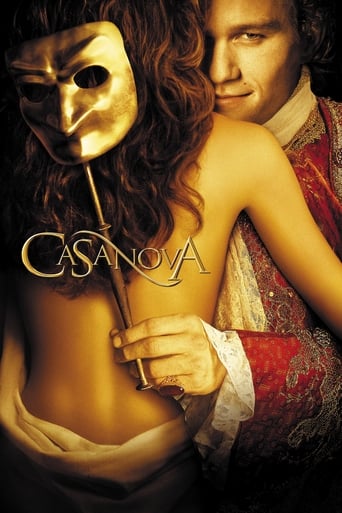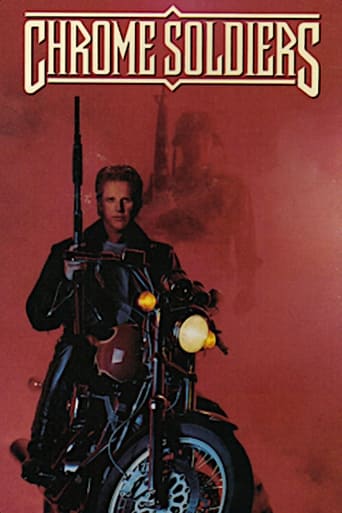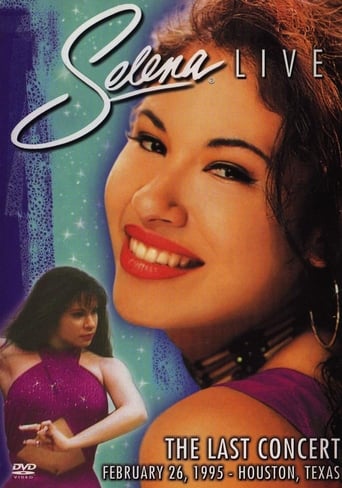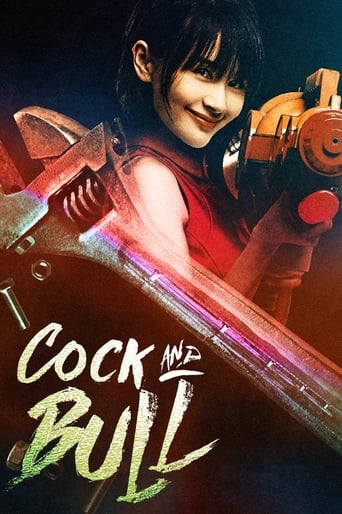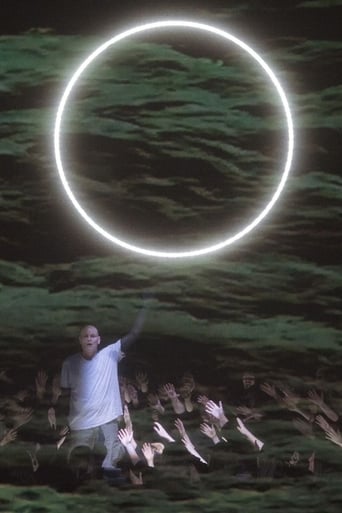
Amadeus (1984)
Disciplined Italian composer Antonio Salieri becomes consumed by jealousy and resentment towards the hedonistic and remarkably talented young Viennese composer Wolfgang Amadeus Mozart.
- Miloš Forman
- Anne Gyory
- Michael Hausman
- Jan Schmidt
- Tomáš Tintěra
- Jan Kubišta
- Petr Makovička
- Věra Vláčilová
- Tommaso Mottola
- Peter Shaffer
- Peter Shaffer
Rating: 8.031/10 by 4238 users
Alternative Title:
阿瑪迪斯 - TW
아마데우스 - KR
Peter Shaffer's Amadeus - US
Amadeus - ES
Amadeus: El montaje del director - ES
Amadeus 2002 - CZ
Country:
United States of America
Language:
English
Deutsch
Italiano
Latin
Runtime: 02 hour 40 minutes
Budget: $18,000,000
Revenue: $90,000,000
Plot Keyword: opera, composer, musician, marriage crisis, italy, talent, emperor, austria, based on play or musical, mozart, god, murder, vienna, austria, envy, 18th century
_**Lively costume biography about Mozart’s last nine years in Austria**_ Antonio Salieri (F. Murray Abraham) is a competent but mediocre composer in Vienna, Austria, in the late 1700s. He recognizes the God-given genius of the younger Wolfgang Amadeus Mozart (Tom Hulce) and struggles with bitter envy. The story is told in flashback as Salieri shares it with a cleric decades later at an asylum. “Amadeus” (1984) is an entertaining costume drama that successfully takes you back to Vienna from 1783-1791. Mozart was basically the rock star of the era and some of his dynamic music even evokes certain modern rock styles. Giving the main characters personality helps bring the events alive and the flashback structure makes for compelling storytelling. On the feminine front, Elizabeth Berridge plays Amadeus’ cute & feisty wife, Constanze, while Christine Ebersole is on hand as a ravishing opera singer, sorta reminiscent of Tina Root of Switchblade Symphony (albeit taller). The original Broadway play concentrated on character motivation with music in the background while the movie focuses a little too much on it. Unless you’re an opera aficionado, the extensive scenes of Mozart's and Salieri's operas being performed become tiresome after a while and unnecessarily bloat the film, somewhat muting the story. When the Emperor yawns during a performance of “Figaro” I could relate because a lot of opera music sounds the same to me. Nonetheless, this is an informative and amusing biography of Wolfgang’s last nine years; very well done. The movie runs 2 hours, 40 minutes and was shot mostly in the Czech Republic. GRADE: B+/A-
Rarely can I think of a more worthy multi-award winning performance than that from F. Murray Abraham in this masterfully crafted - if entirely speculative - retrospective on the life and times of Wolfgang Amadeus Mozart (portrayed here by the astonishingly effective Tom Hulce). Abraham portrays the duplicitous, envious and malevolent Antonio Salieri, the court composer to Emperor Joseph II of Austria (Jeffery Jones). He is talented, up to point, and settled in his politically influential and wealthy role, but growing up, he has always been aware of this other young boy who can play, perfectly, composing as he goes. Initially in awe of this man's predigious talent, it isn't long before the green eyed monster starts to rear it's ugly head, and jealousy soon starts to drive his every waking moment. Meantime, the young maestro is attracting more and more attention, acclaim and is soon rivalling Salieri for the attentions of the Emperor himself. At this stage, Salieri must act. How? Well fortunately he is ably assisted by Mozart's own self-destructive character. As a child, compared to a performing monkey, he always had issues with his father (Roy Dotrice) and even when married to Stanzi (Elizabeth Berridge) with his own child, we feel that he is always in search of adulation, appreciation and love whilst treading a very fine line between despair and a chronic fear of poverty and failure - one which leads him to an increasingly addictive existence. What is also striking here, is the extent to which Mozart's music has become pervasive in not just cinema history, but in our broader environment too. I found myself familiar - to varying degrees - with much of the superbly delivered soundtrack. It's all told via a rather apposite "confession" between Salieri and a priest who, as the story develops, struggles with his own faith and his belief that all sins can be forgiven. Perhaps some can't? The attention to detail here is fantastic: the sets, costumes and the location photography contribute hugely to the wonderfully rich look and feel of a film that just oozes style and confidence. Hulce's portrayal of the creative virtuoso as he descends into a maelstrom of misery is thoroughly convincing, and by the end - historical fact being adhered to, at least in this - I felt emotionally drained by the strength of these two tours de forces. A big screen with big sound is a must here, and I think you will find the three hours that this lasts will just fly by.

